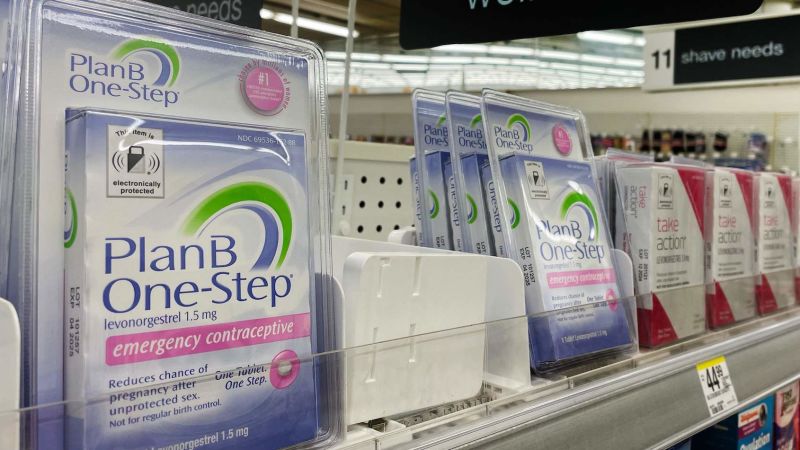In a recent study published in the JAMA Network Open medical journal, researchers found that women in states with the most restrictive abortion laws are less likely to access prescription birth control. The study focused on a dozen states that have enacted near-total abortion bans and compared prescription rates before and after the US Supreme Court’s Dobbs decision in June 2022.
The researchers noted that monthly prescription rates for birth control pills and emergency contraceptives significantly decreased in the second half of 2023 in states with strict abortion laws. Factors contributing to this trend include the closures of family planning clinics and public confusion about which options remain legal post-Dobbs.
Dr. Michael Belmonte, an Ob-Gyn, emphasized the importance of recognizing how issues related to abortion care also impact access to contraception and general medical health care for women across the United States. The study found that prescription fill rates for birth control pills and emergency contraceptives dropped more than expected in states with the most restrictive laws post-Dobbs.
States with abortion bans saw a significant decrease in prescriptions for emergency contraception compared to states where abortion policies remained more consistent. The study authors highlighted the need for efforts to protect and improve access to oral contraceptives, especially in states with stringent abortion restrictions.
Public confusion around emergency contraception and medication abortion is also a key concern. Survey data showed that many adults were unsure about the legality of emergency contraception in their state, with even greater confusion in states with abortion bans. Proper education and combatting misinformation are essential in addressing these challenges.
Furthermore, the closures of family planning clinics post-Dobbs have worsened reproductive health care deserts, disproportionately affecting marginalized communities. Senate Republicans recently blocked a bill that would guarantee nationwide access to contraception, but the Biden administration has reaffirmed its commitment to protecting reproductive rights.
US Department of Health and Services Secretary Xavier Becerra emphasized the importance of defending reproductive rights and ensuring that women have autonomy over their own bodies. The study’s findings underscore the ongoing challenges and disparities faced by women in states with stringent abortion restrictions when it comes to accessing essential reproductive health care services.



